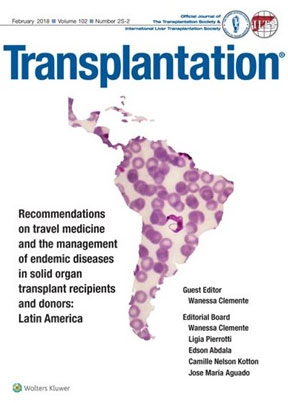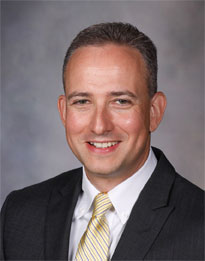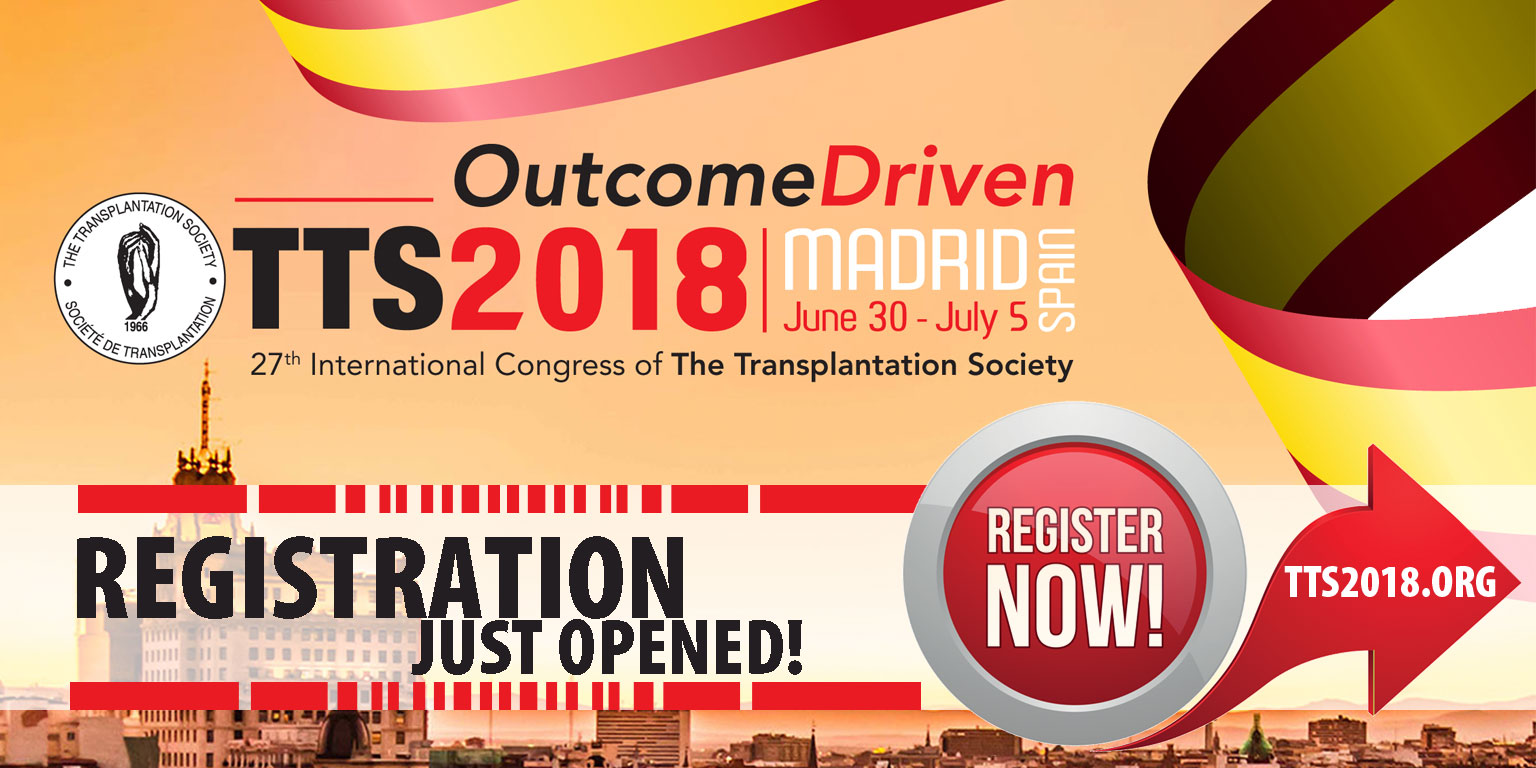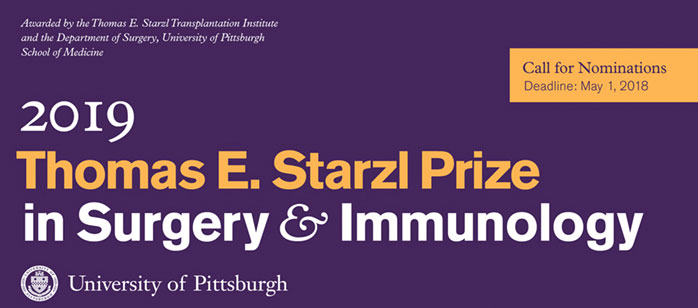
 Recommendations on travel medicine and the management of SOT recipients and donors: Latin America
Recommendations on travel medicine and the management of SOT recipients and donors: Latin America
Our journal, Transplantation, recently published this supplement with Guest Editor Wanessa Trindade Clemente. Topics included:
- Chagas Disease Recommendations for Solid-Organ Transplant Recipients and Donors
- Visceal and Cutaneous Leishmaniasis Recommendations for SOT Recipients and Donors
- Malaria Disease Recommendations for SOT Recipients and Donors
- Schistosomiasis and Strongyloidiasis Recommendations for Solid-Organ Transplant Recipients and Donors
- Traveler’s Diarrhea Recommendations for SOT Recipients and Donors
- Arboviruses Recommendations for Solid-Organ Transplant Recipients and Donors
- Endemic Fungal Infection Recommendations for Solid-Organ Transplant Recipients and Donors
- Tuberculosis Recommendations for SOT Recipients and Donors
- Viral Hepatitis Recommendations for Solid-Organ Transplant Recipients and Donors
- Vaccine Recommendations for Solid-Organ Transplant Recipients and Donors
- Recommendations for Management of Endemic Diseases and Travel Medicine in SOT Recipients and Donors: Latin America – Map Gallery
Click here for to read this FREE issue
Trainee Tracks Webinar
|
|
Tuesday, February 20, 2018, 10AM EST (MONTREAL TIME)Making CME Matter: Innovative Solutions to Maximize the Impact of Medical EducationSpeaker: Alexander S. Niven |
Study: Data Sharing Practices in the Transplant Community
February 7 - The Peter Morris Centre for Evidence in Transplantation are conducting an interesting study to investigate attitudes and current practices regarding anonymised clinical trial data sharing among Transplant professionals. This study will provide insight regarding the facilitators and barriers of sharing data and help develop better tools and processes for data sharing in the future. Participation in the survey will only take 5 minutes by clicking on this link:
Click here for more information
Deadline is less than a week away!
It is anticipated that the compilation of late breaker abstracts is made possible by studies completed after the initial November 15, 2017 abstract submission deadline. They are intended to represent the very latest development in transplantation science. These abstracts will be reviewed in a very finite period by a special review board, and accepted with the same stringent criteria as the Nov 2017 abstract submissions. The review criteria will be at par with the original call for abstracts in Nov 2017, but for late-breaking abstracts there will be a stronger focus on the criteria of "very latest development in the field of transplantation".
FEATURED ARTICLE - Transplantation

Submitted by Dr Andrea Schlegel, Editorial Fellow, Transplantation.
Normothermic Perfusion in the Assessment and Preservation of Declined Livers Before Transplantation: Hyperoxia and Vasoplegia-Important Lessons From the First 12 Cases.
Watson CJE, Kosmoliaptsis V, Randle LV, et al.
Transplantation. 2017 ;101(5):1084-1098
Cellular therapy using human regulatory macrophages (Mregs) to promote immune regulation is under evaluation in early phase clinical trials in kidney transplantation.
Christopher Watkins and co-workers from Cambridge report on their data of a normothermic preservation program using declined livers. The group assessed previously DCD (n=9) and DBD livers (n=3) after a median cold storage of 7.1 hrs on a normothermic perfusion device using a erythrocyte-based perfusate. Perfusion parameters and markers of liver injury and function were routinely measured, including mean arterial perfusion flow, arterial pO2, ALT- and lactate release and Glucose metabolism, cumulative bile production and bile ph. In addition, authors assessed cardiovascular stability of liver recipients after graft implantation including the amount of required inotropes and the rate of later biliary complications. The median perfusion duration was 4.7 hours. Though all twelve human livers achieved the current viability criteria during normothermic assessment, 5 recipients (in the first set of 6 livers) experienced a severe postreperfusion syndrome with sustained vasoplegia. Authors reduced therefore the oxygen tension during normothermic perfusion of the second set of livers (No.7-12). 11/12 patients are alive at a median of 12 months. This study demonstrates the potential of using normothermic preservation to increase the availability of livers for transplant. Avoiding hyperoxia may prevent postreperfusion syndrome and vasoplegia.
The Thomas E. Starzl Transplantation Institute is accepting nominations for the 2018 Thomas E. Starzl Prize in Surgery and Immunology, awarded annually to a national or international leader in the field of organ transplantation and immunology.
Deadline May 1, 2018 - Click for details
Transplantation Science Awards - Deadline May 31, 2018
The TTS Transplantation Science Committee together and Transplantation are pleased to announce the best manuscripts published by the journal in 2017. Named after two pioneering giants, a selection committee that included editors of Transplantation, The Transplantation Society, in addition to members and chairs of the Transplantation Science Committee will select two winners amongst a very competitive group of publications.
Click here for to nominate someone today!
TTS 2018 - Challenging Cases Competition
Deadline: March 18, 2018
Are you involved in managing challenging transplant cases?
If yes, the Scientific Program Committee of the TTS 2018 congress in Madrid is inviting you to submit the most challenging case you were involved with.
The invitation is open to TTS and non-TTS members who are studying/training in any transplant related discipline (students, interns, residents, fellows or post-doctoral fellows). The submitters of the top three ranked cases will be invited to present these cases in a clinical crowdsourcing session at the post-graduate course (PGC) that will precede the TTS 2018 Congress. The winners will receive a complementary registration to the PGC and a Young Investigator Award of US $1000. Description of the case should not exceed 300 words.
CLICK HERE to submit your case!
IN THE NEWS
Game-changing kidney transplant technique developed in Toronto hospital
February 5 - For the first time in North America, a donated kidney has been successfully transplanted into a patient using a new system Selzner helped pioneer.
Could this creature hold the future of regenerative medicine?
February 5 - Thanks to a team of scientists from UWA and Monash University, researchers are a step closer to understanding how mature cells (such as skin cells, brain cells or blood cells) can be reprogrammed back into stem cells in the laboratory.
Landmark international study: CAR T-cell therapy safe and effective in youth with leukemia
January 31 - Results of the global, multicenter, pivotal phase 2 study that led to the first FDA approval of a gene therapy/cell therapy approach known as CAR T-cell therapy, were published today in the New England Journal of Medicine. The therapy, tisagenlecleucel, uses a patient's own white blood cells that have been genetically re-engineered to specifically target and kill cancer cells.
Partial liver transplants have gotten safer for kids
February 8 - Alternatives to whole liver transplants have become safer for children, opening the way to shorter waitlists as more young patients receive portions of donated organs, a new study suggests.
New target could minimise transplant risks
February 8 - From the discovery of this molecular mechanism, the group hopes to be able to develop new therapies for influencing inflammatory bowel inflammation after transplantation in order to further increase patients' chances of survival after stem cell transplantation.
Expert Discusses Letermovir Approval for CMV Prophylaxis Post-Transplantation
Following allogeneic hematopoietic stem cell transplant (HSCT), the recently FDA-approved regimen letermovir (Prevymis) is highly recommended for high-risk patients with cytomegalovirus (CMV) infection, according to Miguel Perales, MD.
NIH Blog - Creative Minds: Building Better Computational Models of Common Disease
February 8 - Not so long ago, Hilary Finucane was a talented young mathematician about to complete a master's degree in theoretical computer science. As much as she enjoyed exploring pure mathematics, Finucane had begun having second thoughts about her career choice. She wanted to use her gift for numbers in a way that would have more real-world impact.
NIH Blog - Sequencing Human Genome with Pocket-Sized "Nanopore" Device
February 6 - It's hard to believe, but it's been almost 15 years since we successfully completed the Human Genome Project...
Contact
Address
The Transplantation Society
International Headquarters
740 Notre-Dame Ouest
Suite 1245
Montréal, QC, H3C 3X6
Canada
Используйте Вавада казино для игры с бонусом — активируйте промокод и начните выигрывать уже сегодня!






